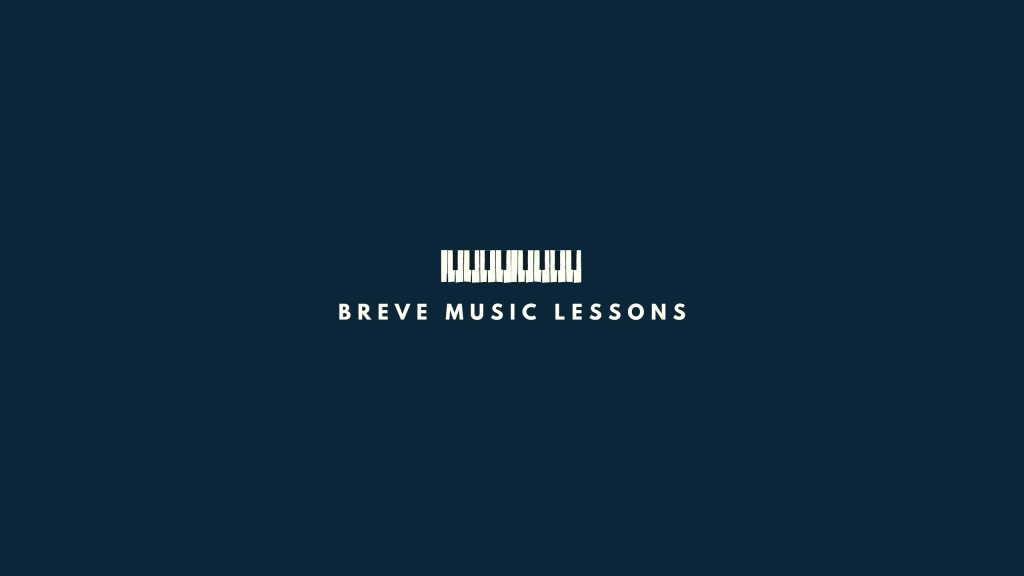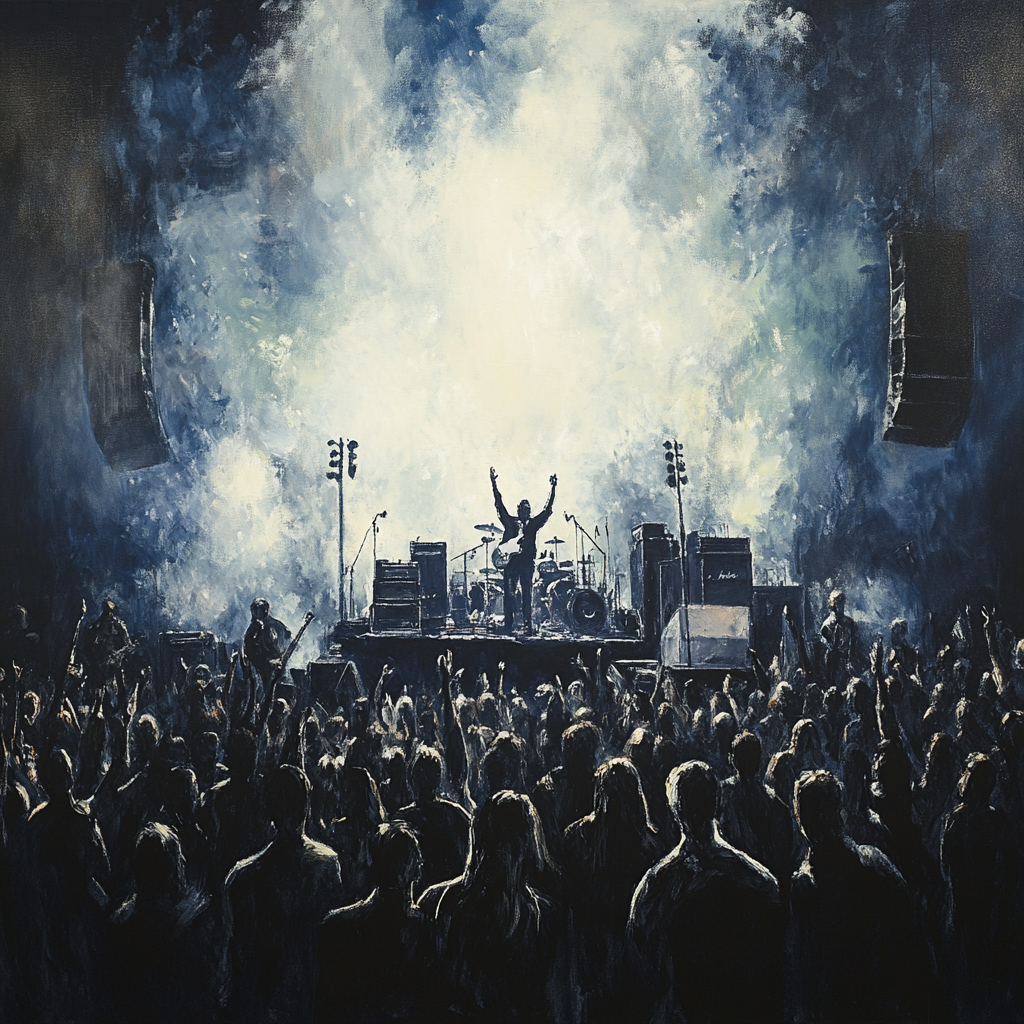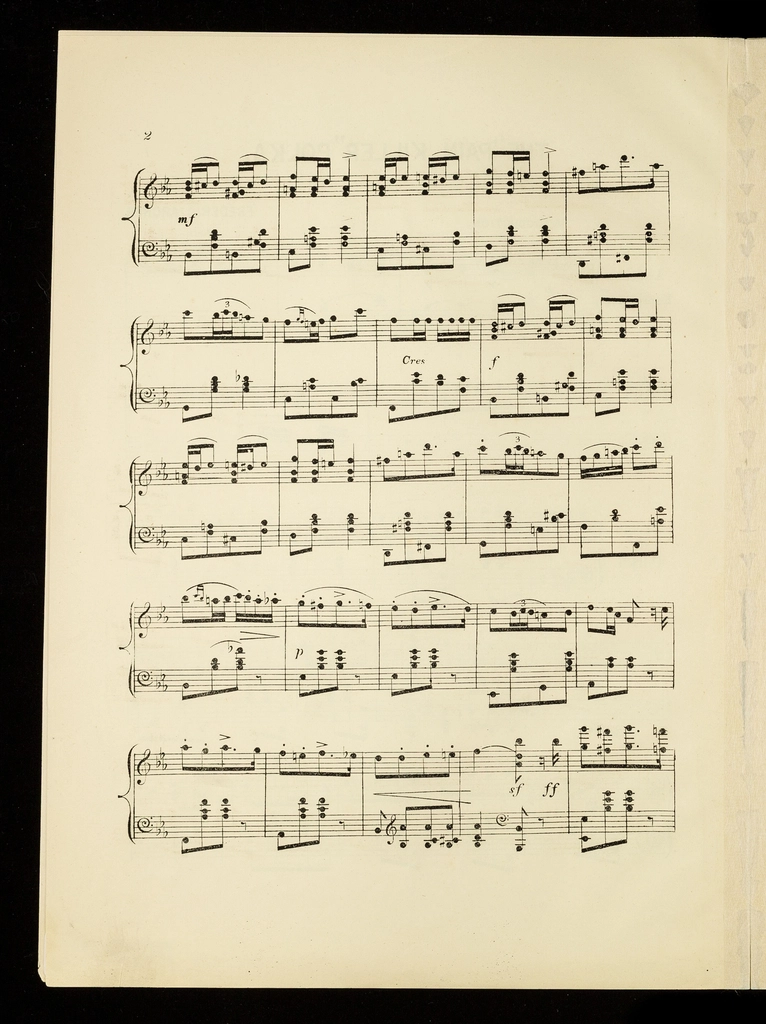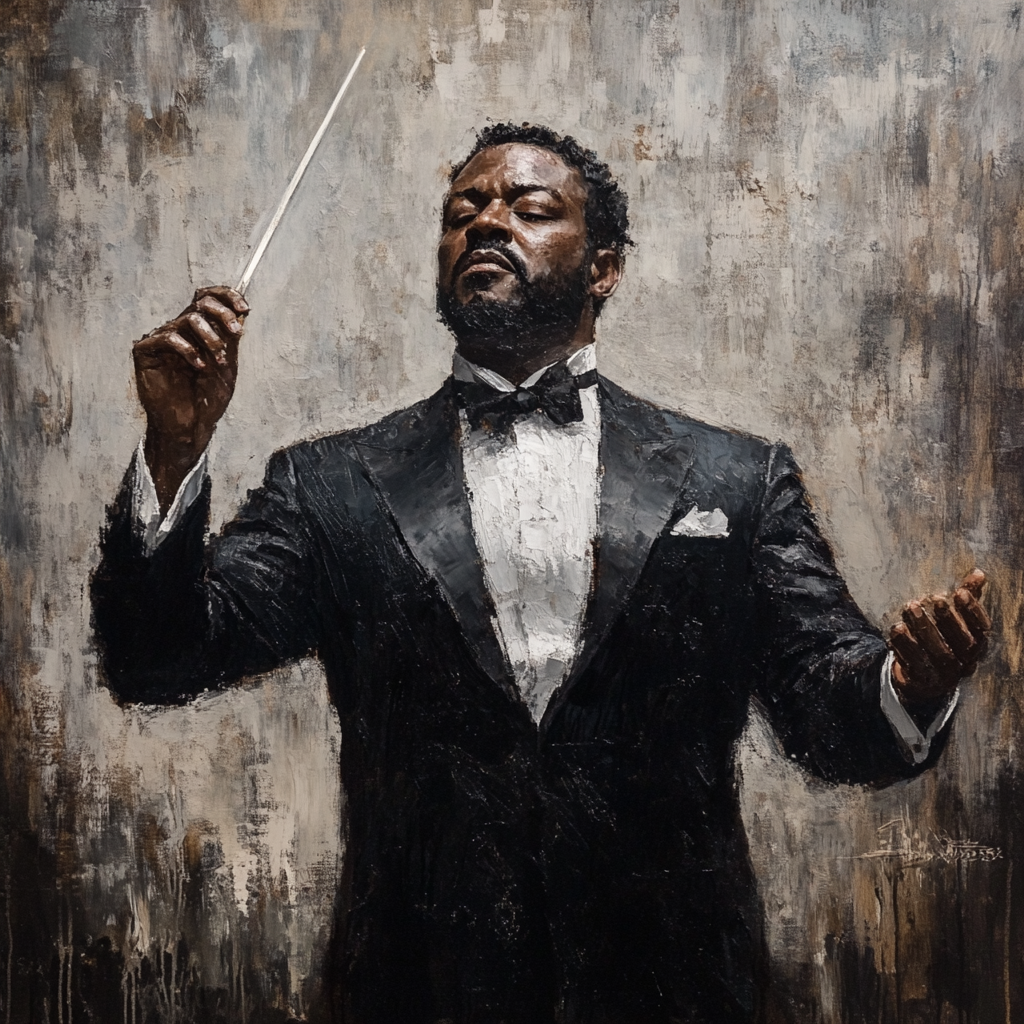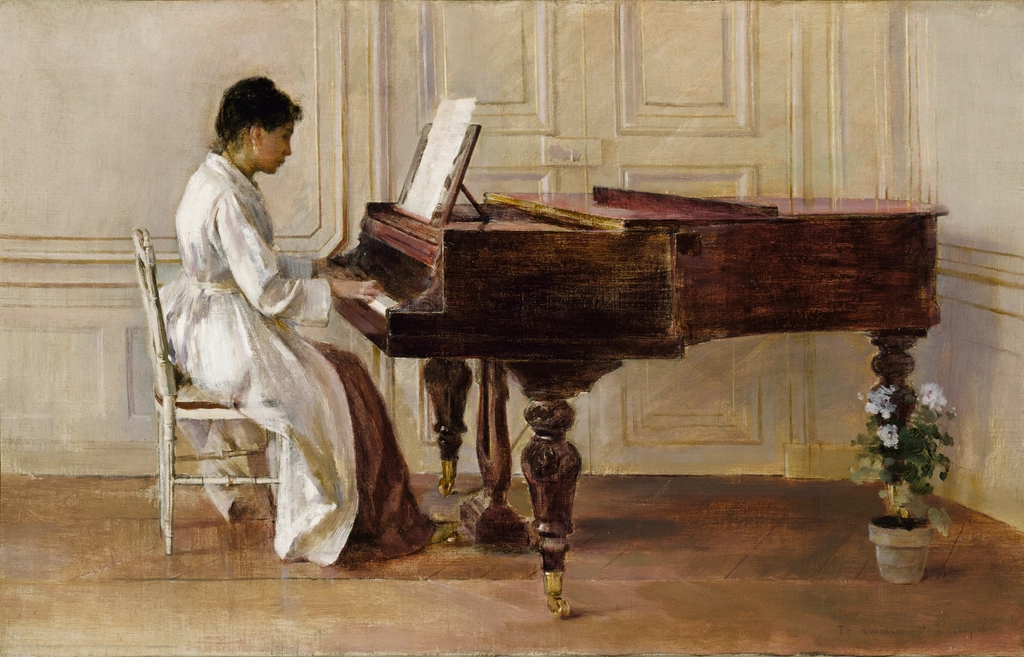Table of Contents
10 Best Conductors of the 1700s
Introduction
In the 1700s, classical music flourished with the emergence of some of the most influential composers and conductors who shaped the Baroque and Classical periods. These figures not only composed groundbreaking works but also conducted performances that defined the musical landscape of their time. Conducting during this era was often done by leading from an instrument, such as the violin or keyboard, and these musicians were instrumental (pun intended!) in guiding orchestras through complex and innovative pieces.
This article highlights ten key conductors from the 1700s, each of whom left an indelible mark on the history of classical music. Their roles in shaping performance practices and leading orchestras provide an intriguing glimpse into the evolution of music direction during a pivotal era in Western music history.
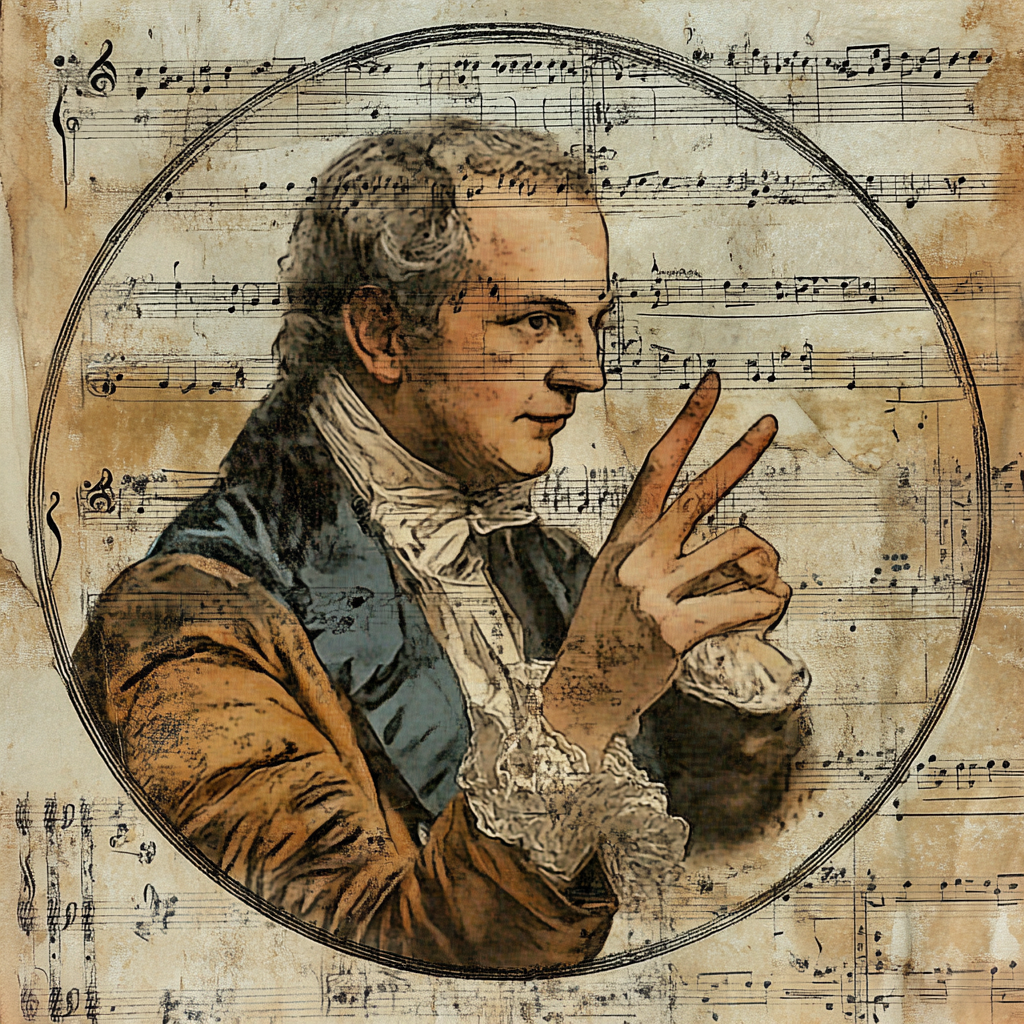
10 Best Conductors of the 1700s
1. Johann Sebastian Bach (1685–1750)
Johann Sebastian Bach, one of the most influential composers of the Baroque period, was also a prominent conductor during his lifetime. As the Kapellmeister at St. Thomas Church in Leipzig, Bach conducted sacred works, including his famous Mass in B Minor and St. Matthew Passion. He often led performances from the organ or harpsichord, shaping the music culture of the time through his exceptional leadership and innovative compositions that still resonate today.
2. Georg Philipp Telemann (1681–1767)
Georg Philipp Telemann was one of the most prolific composers of his era, composing more than 3,000 works. In addition to his compositions, Telemann was highly active in conducting music, especially at churches and court events. As the music director in Hamburg, he oversaw performances of both sacred and secular works, becoming a central figure in German Baroque music. His ability to seamlessly blend French, Italian, and German styles earned him widespread acclaim.
3. George Frideric Handel (1685–1759)
George Frideric Handel was a master of Baroque opera and oratorio. Though he is best known today for his Messiah, he conducted numerous operas and oratorios during his time in London, often leading the orchestra from the harpsichord. His operatic works were staged across Europe, where he gained a reputation for bringing dramatic flair and emotional depth to the performances. Handel’s influence on later music, particularly choral compositions, remains profound.
4. Franz Joseph Haydn (1732–1809)
Haydn, often referred to as the “Father of the Symphony,” was one of the most important composers of the Classical period. As the Kapellmeister for the wealthy Esterházy family, he conducted a wide variety of works, including symphonies, operas, and chamber music. His role involved both composing and directing performances, making him a pivotal figure in shaping the symphonic form. Haydn’s leadership and musical innovations greatly influenced composers like Mozart and Beethoven.
5. Wolfgang Amadeus Mozart (1756–1791)
Mozart, a prolific and influential composer of the Classical era, was equally skilled as a conductor. Frequently leading performances of his operas and symphonies, Mozart conducted from the keyboard or violin, guiding ensembles with precision. His operas, such as The Marriage of Figaro and Don Giovanni, showcased his extraordinary ability to blend music and drama, and his conducting style helped bring these works to life in front of audiences across Europe.
6. Christoph Willibald Gluck (1714–1787)
Christoph Willibald Gluck was instrumental in the reform of opera in the 18th century, striving for simplicity and emotional depth in his works. As a conductor, Gluck oversaw the performances of many of his revolutionary operas, including Orfeo ed Euridice, leading the orchestra with a focus on dramatic coherence and natural expression. His contributions to opera forever changed the genre, moving away from elaborate ornamentation to a more direct and emotionally engaging style.
7. Carl Philipp Emanuel Bach (1714–1788)
The second surviving son of Johann Sebastian Bach, Carl Philipp Emanuel Bach was a vital figure in the transition from the Baroque to the Classical period. As a conductor and performer, he served in various capacities, including as the Kapellmeister in Hamburg. C.P.E. Bach’s work, particularly his symphonies and keyboard concertos, set the stage for later Classical innovations. His leadership and conducting style helped to bring these new, expressive forms to audiences.
8. Leopold Mozart (1719–1787)
Leopold Mozart, father of the famous Wolfgang Amadeus Mozart, was a talented violinist, composer, and conductor. As the vice-Kapellmeister in Salzburg, he led performances for the Archbishop’s court, directing both instrumental and vocal works. Although his own compositions were overshadowed by his son’s genius, Leopold’s leadership in conducting and music education played a critical role in shaping the future of classical music, particularly through his guidance of young Wolfgang.
9. Antonio Vivaldi (1678–1741)
Antonio Vivaldi, one of the most famous Baroque composers, was a dynamic leader of the all-female orchestra at the Ospedale della Pietà in Venice. Known for his virtuosic violin playing and prolific compositions, Vivaldi led performances of his own works, including The Four Seasons. His conducting style emphasized energy and precision, helping to define the vibrant sound of Baroque music in Venice. Vivaldi’s influence extended beyond his own lifetime, with his works continuing to inspire musicians today.
10. Jean-Philippe Rameau (1683–1764)
Jean-Philippe Rameau was one of the most important French composers and theorists of the Baroque era. Though primarily known for his operas and ballets, Rameau often conducted performances of his works, overseeing every detail to ensure that his complex orchestrations were executed perfectly. His influence on French opera and his use of harmony were groundbreaking, and his conducting style helped bring clarity and precision to his richly textured compositions.
These musicians were pioneers not only in composing but also in leading performances, shaping the role of the conductor as we know it today. Their ability to lead ensembles, often while performing, laid the groundwork for the modern tradition of conducting.
Additional Reading
More blog posts can be found here. Consider following Breve Music Lessons on Facebook and listening to the Breve Music Podcast.
